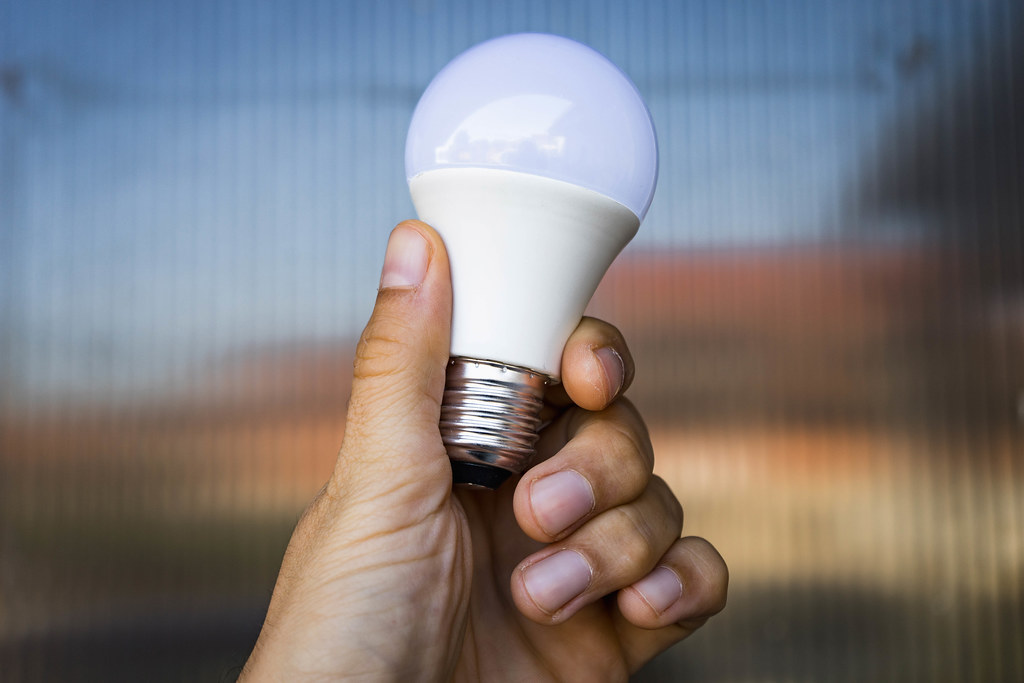LOS ANGELES—In efforts to reduce energy consumption and cut customers’ costs, the Los Angeles Department of Water and Power announced Monday, June 17, that they would again deliver millions of free LED light bulbs to homes across the county.
The initiative is designed to conserve electricity by replacing five-watt incandescent bulbs with two 12-watt LED bulbs. The LADWP’s contractor PowerDirect, will be the distributor of the bulbs. Their employees, wearing PowerDirect identification and yellow vests, will go door-to-door to nearly 125,000 homes in their service area, to drop off the LED bulbs.
The cost of LADWP’s summer campaign is estimated at $7.9 million, which is half of their initial campaign budget from 2016.
“If all of LADWP’s residential customers make the switch, the program is expected to result in 4,410 gigawatt hours (GWh) of energy saved which is equivalent to removing more than 330,000 automobiles off the road annually,” said LADWP General Manager David H. Wright in a statement.
The program is expected to save customers a combined $666.4 million over the lifetime of the LED bulbs, which is estimated to last nearly 23 years. LEDs not only use significant less energy than other lightbulbs, which cutback energy bills down the line and are mercury-free, but they yield superior lighting.
According to a 2010 study published in the Journal of Environmental Science and Technology, LEDs were found to contain lead, arsenic and a dozen other potentially dangerous substances.
There is a high risk of elements in these light bulbs such as copper, which can be very harmful to the environment when not disposed of correctly. These harmful metals could be replaced by other substances, which would increase the price.
According to the AMA, approximately 10 percent of existing U.S. street lighting has been converted to solid state LED technology.
Studies have also found that “blue-rich” LED streetlights operate at a wavelength that suppresses melatonin during night. According to Maya A. Babu A, Board Member of The American Medical Association, “despite the energy efficiency benefits, some LED lights are harmful when used as street lighting.”






